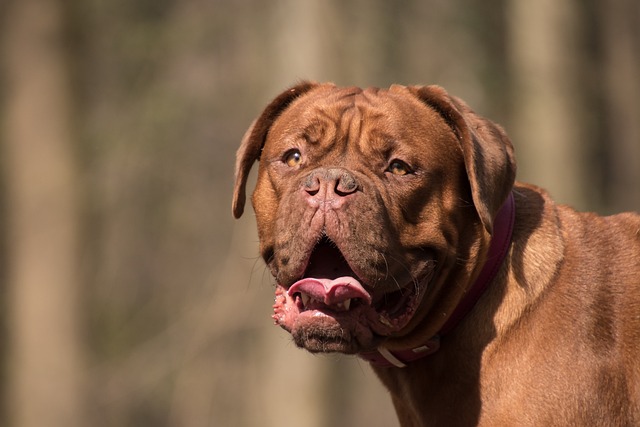
what do i need to dog sit
Agreeing to dog sit for a neighbor or friend can feel exciting—until you realize you’re not sure what supplies or steps you actually need.
If you’ve noticed your older dog napping more than usual—curling up on their bed for hours, barely lifting their head when you come home—you might wonder if it’s just “old age” or something to worry about. It’s a common concern for new owners of senior dogs, like my friend Maria, who has a 10-year-old golden retriever, Bailey. Last winter, Bailey went from joining morning walks to sleeping through them, and she panicked: Was he sick? Depressed? The truth is, senior dogs do sleep more, but there’s a difference between normal aging and red flags. Understanding that difference can help you keep your gray-muzzled friend happy and healthy.
Aging brings natural changes to dogs, just like humans. Senior dogs (usually 7+ years, depending on breed) often sleep 12-14 hours a day, up from 10-12 in adulthood. Their metabolism slows, joints may ache, and energy levels drop, making rest more appealing. Cognitive changes can also play a role—some older dogs sleep more during the day because they’re restless at night, a common issue called “canine cognitive dysfunction.” Normal sleep is peaceful: they wake up for meals, wag at your voice, and still enjoy short walks. Abnormal sleep, though, comes with warning signs: refusing food, struggling to get up, or whimpering in their sleep—clues they might be in pain or unwell.

To support your senior dog, start by observing their habits. Keep a simple log: How long do they sleep? Do they eat well afterward? Can they still climb stairs or play gently? If they’re sleeping more but acting happy when awake, it’s likely normal. If not, schedule a vet visit—pain from arthritis or thyroid issues often shows up as extra sleep. Make their space comfortable: a orthopedic bed for joint support, a quiet corner away from loud kids or TVs (important in apartments, where noise travels). My neighbor adds a heated pad to her senior beagle’s bed in winter, and he loves it—proof small comforts make a big difference.
Responsible senior dog care ties into community and legal norms. Keep their rabies vaccine current—all U.S. states require it, even for less active older dogs, as they can still encounter wildlife. When you take them out for short walks, always carry poop bags; leaving waste isn’t just illegal in most cities (fines up to $200) but shows respect for neighbors. In apartments, time walks for quiet hours—no 6 a.m. rambles if you share walls. Never scold a senior dog for sleeping more; aging isn’t misbehavior, and positive care (gentle pets, favorite treats) keeps their spirits up. With attention to their needs, those extra naps can be a sign of a content, well-loved senior dog enjoying their golden years.

Agreeing to dog sit for a neighbor or friend can feel exciting—until you realize you’re not sure what supplies or steps you actually need.

Walking into a pet store for the first time can feel like navigating a maze—endless aisles of toys, beds, and gadgets make it hard to tell what’s a “nice-to-have”

If you’ve grabbed a bag of “regular” puppy food for your new Shih Tzu or Mini Poodle puppy, you might be wondering if it’s really up to the task.

Chihuahuas’ tiny size often tricks people into thinking they’re low-effort pets, but the truth is their care leans into specific needs rather than constant work.

If you’ve ever flipped over a store-bought dog treat bag and squinted at the long list of unpronounceable ingredients, you’re not alone.

If your vet mentioned your dog needs to shed a few pounds—maybe your golden retriever is struggling to climb stairs, or your corgi’s waistline has disappeared